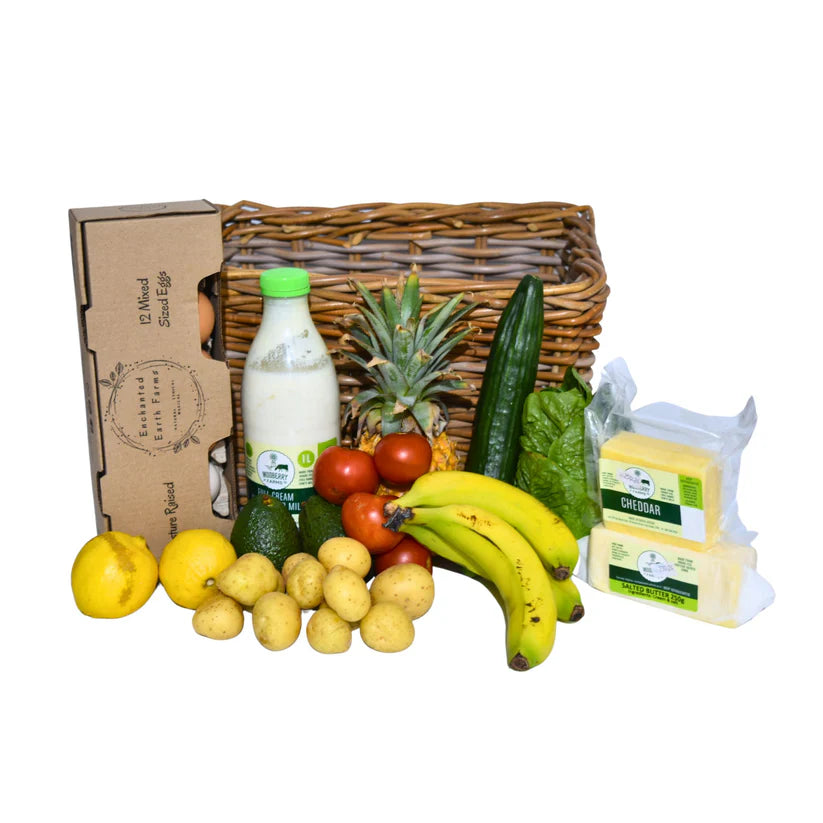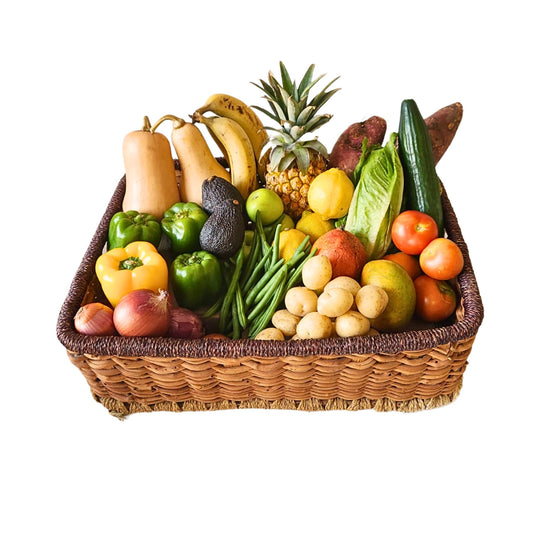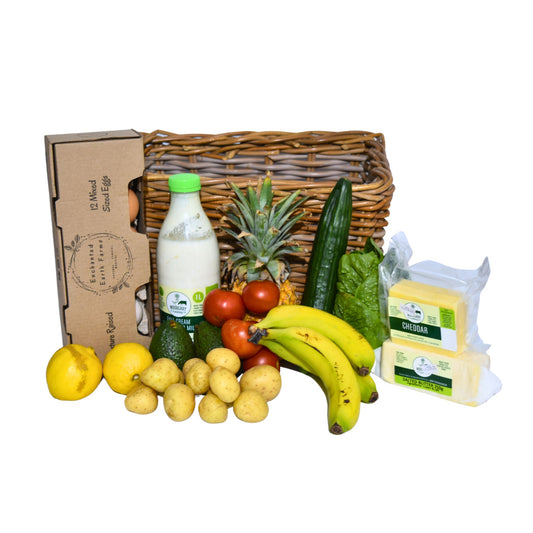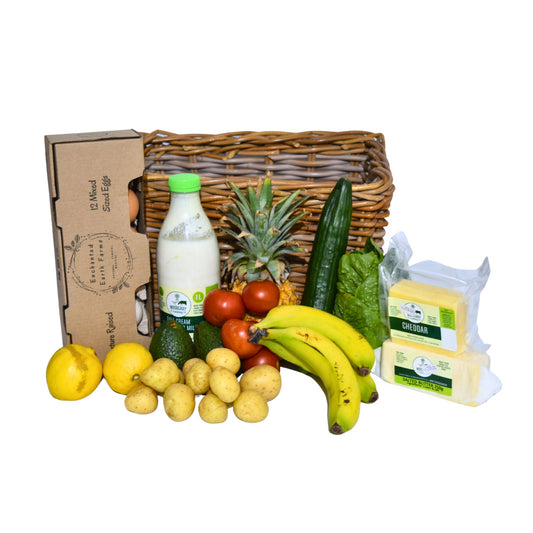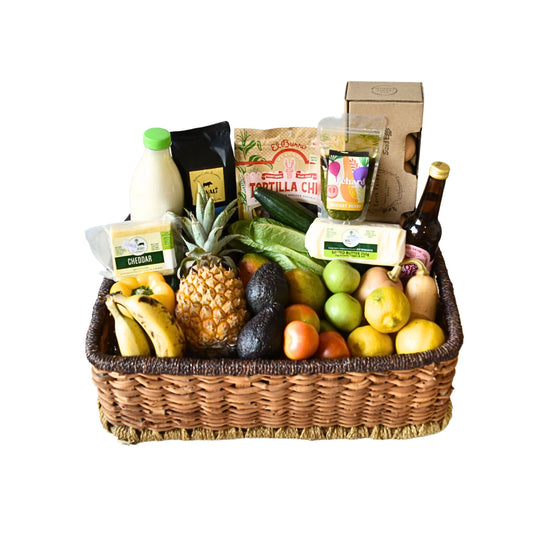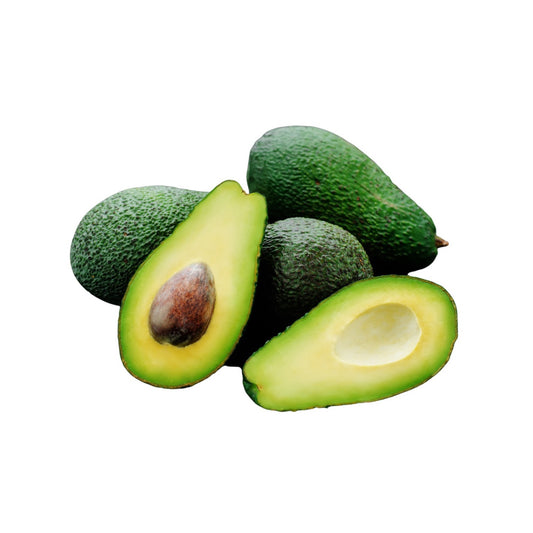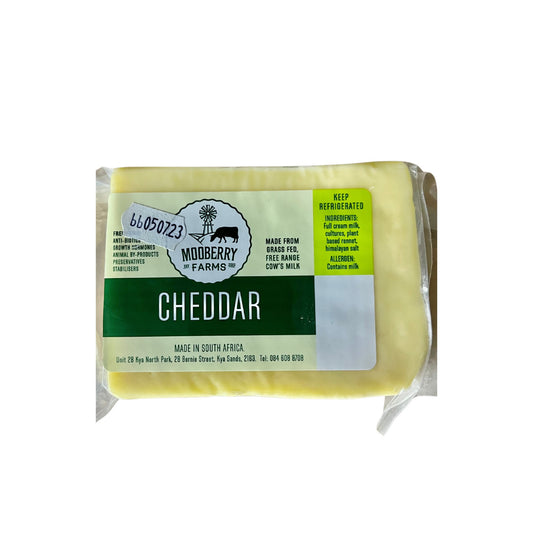Article Summary:
- Prioritize whole, nutrient-dense foods, regardless of whether they are organic or conventional.
- Consider individual nutritional needs and preferences when choosing between organic and conventional options.
- Balance health, environmental, and budgetary considerations to make informed dietary choices that support overall well-being.
The debate over whether organic food is healthier than conventional food has sparked considerable interest and discussion among consumers, researchers, and health professionals alike. With growing concerns about food safety, environmental sustainability, and personal health, many individuals are turning to organic options as a perceived healthier choice. However, understanding the true differences between organic and conventional food and their respective impacts on health is essential for making informed dietary decisions. In this article, we delve into the intricacies of organic and conventional food, exploring their nutritional profiles, health benefits, and factors to consider when choosing between them. By examining the evidence and nuances surrounding this topic, we aim to shed light on the question: Is organic food really healthier than conventional food?
Introduction to Organic and Conventional Food
Conventional food, also known as non-organic or conventional farming, refers to the dominant method of food production that relies heavily on synthetic pesticides, fertilizers, and genetically modified organisms (GMOs). Conventional farming often prioritizes high yields, uniformity, and efficiency, utilizing intensive farming techniques to meet the demands of a growing global population.
On the other hand, organic food is produced using methods that promote environmental sustainability, animal welfare, and soil health. Organic farming prohibits the use of synthetic pesticides, fertilizers, GMOs, and antibiotics, instead emphasizing natural and holistic approaches to pest management, soil fertility, and animal husbandry. Organic certification ensures that products meet strict standards set forth by regulatory agencies, providing consumers with assurance regarding the authenticity and integrity of organic food.

Shop MooBerry Farms Kefir at Orchard Food
While both organic and conventional food contribute to global food systems, they differ significantly in their production methods, environmental impacts, and nutritional profiles. Understanding these differences is crucial for consumers seeking to make informed choices about the food they eat and the impact it has on their health and the environment.
Nutritional Differences Between Organic and Conventional Food
One area of focus has been the nutrient content of organic versus conventional produce. While some studies have found minor variations in certain nutrients such as vitamin C and antioxidants, others have reported higher levels of certain micronutrients in organic fruits and vegetables. Factors such as soil quality, farming practices, and plant genetics can influence nutrient levels, leading to variability between organic and conventional crops.
Additionally, organic animal products have been found to contain higher levels of certain beneficial nutrients, such as omega-3 fatty acids and antioxidants, compared to their conventional counterparts. This is attributed to differences in animal diets and management practices, with organic livestock typically grazing on pasture and consuming diets free from synthetic additives.
Another consideration is the presence of pesticide residues in food. While both organic and conventional farming use pesticides, organic standards prohibit the use of synthetic pesticides and require adherence to strict guidelines for pest management. As a result, organic food generally contains lower levels of pesticide residues compared to conventional food, which may be of concern to consumers aiming to minimize their exposure to potentially harmful chemicals.
Overall, while the nutritional differences between organic and conventional food may vary depending on factors such as crop type, farming practices, and environmental conditions, choosing organic options can offer potential benefits in terms of nutrient content and reduced pesticide exposure. However, further research is needed to fully understand the implications of these differences on human health.
Health Benefits of Choosing Organic Food
Opting for organic food offers several potential health benefits, ranging from reduced exposure to pesticides and synthetic additives to increased intake of beneficial nutrients and antioxidants.
One of the primary advantages of organic food is its lower pesticide residue levels compared to conventional counterparts. Organic farming practices prioritize natural pest management techniques and prohibit the use of synthetic pesticides, resulting in fewer chemical residues on produce and reduced potential risks to human health. Studies have shown that individuals who consume organic food have lower urinary pesticide levels, suggesting a decreased exposure to harmful chemicals.
Furthermore, organic food may contain higher levels of certain nutrients and antioxidants compared to conventional counterparts. Organic farming methods, such as crop rotation, composting, and soil enrichment, promote soil health and microbial diversity, leading to enhanced nutrient uptake by plants. As a result, organic fruits, vegetables, and grains may contain higher concentrations of vitamins, minerals, and phytonutrients, which contribute to overall health and well-being.
Additionally, choosing organic animal products can provide health benefits, as organic livestock are raised without the use of antibiotics or synthetic growth hormones. Organic meat, dairy, and eggs are produced from animals that have access to outdoor areas and are fed organic diets, resulting in products with higher levels of beneficial omega-3 fatty acids and lower levels of saturated fats and cholesterol.
Overall, while further research is needed to fully elucidate the health benefits of organic food, current evidence suggests that choosing organic options may offer advantages such as reduced pesticide exposure, increased nutrient content, and support for overall health and well-being. By prioritizing organic food, consumers can make informed choices that promote both personal and environmental health.
Considerations When Comparing Organic and Conventional Food
When comparing organic and conventional food options, several key factors should be considered to make informed dietary choices. Firstly, nutritional content plays a significant role, with organic food often containing higher levels of certain nutrients and antioxidants. However, these differences can vary depending on factors such as crop variety, soil quality, and farming practices. Thus, it's essential to assess individual nutritional needs and preferences when selecting between organic and conventional options.

Shop 300g Organic Baby Marrow at Orchard Food
Another critical consideration is pesticide exposure. Organic food is produced without synthetic pesticides, reducing potential exposure to harmful chemicals. While organic produce may still contain pesticide residues from natural sources, levels are generally lower than conventional counterparts. Environmental impact is also a factor to weigh, as organic farming practices prioritize sustainability and ecosystem health, while conventional methods may have greater environmental consequences due to intensive chemical inputs and monoculture cropping systems.
Additionally, cost, accessibility, and personal values play roles in decision-making. Organic food typically comes at a higher price due to certification and sustainable farming practices, and availability may vary by location and season. Therefore, consumers must balance the benefits of organic food with their budget and accessibility. Ultimately, the choice between organic and conventional food depends on individual values, preferences, and health goals, highlighting the importance of making informed decisions that align with personal values and priorities.
Making Informed Choices for Your Health
When it comes to making dietary choices for optimal health, being informed about the food we consume is paramount. Here are some key considerations to help you make informed decisions for your health:
Prioritize whole, nutrient-dense foods regardless of whether you choose organic or conventional options. Fruits, vegetables, whole grains, lean proteins, and healthy fats should form the foundation of your diet, providing essential nutrients and antioxidants to support overall well-being. Consider your individual nutritional needs and preferences when selecting between organic and conventional food options. While organic food may offer benefits such as higher nutrient content and reduced pesticide exposure, it's essential to assess your specific dietary requirements and health goals to determine the best choices for you.
If minimizing exposure to synthetic pesticides is a priority, opt for organic food whenever possible. Organic farming practices prohibit the use of synthetic pesticides and emphasize natural pest management techniques, reducing potential risks to human health associated with pesticide residues. However, consider balancing health, environmental, and budgetary considerations when making food choices. While organic food may offer advantages in terms of environmental sustainability and reduced pesticide exposure, it often comes with a higher price tag. Emphasize variety and moderation in your diet, incorporating a diverse range of foods while practicing moderation to prevent over-consumption of any one food or nutrient. By considering these factors and making informed choices, you can ensure that your dietary decisions support your health and well-being while aligning with your values and priorities.


